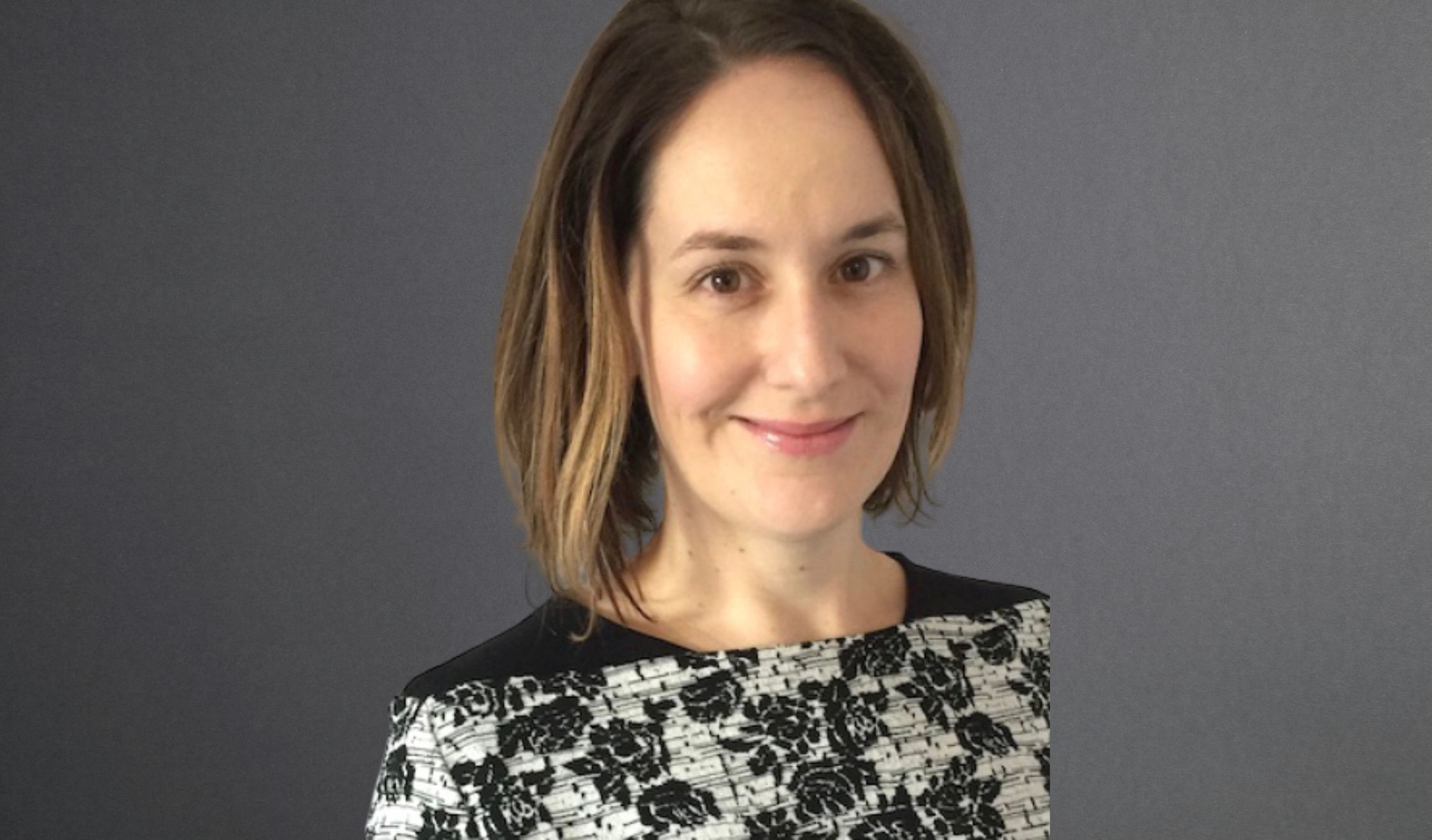Rick Christie, owner of ChristieLaw and committee member of STEP NSW, had always been attracted to the personal side of wills and estates. Insights spoke to Rick about how he came to specialise in wills and estates, what advice he might have for lawyers looking to move into the area, and what role industry organisation STEP can play for lawyers keen to become specialists.
Addressing misinformation in the community
As a wills & estates lawyer, your work is by nature personal.
"I like dealing with individual people, so I was attracted to the personal nature of this area of law,” said Rick. "I soon realised that if I was to have an adequate knowledge of the law as it affected individuals, rather than companies, I would need to understand succession law."
Succession law interrelates with many other areas of law, including property law, family law, taxation and trusts.
"Having some understanding of these areas was obviously also going to be necessary," observed Rick. "To add to an already complex area, estate planning has developed over the time I have been practising and is now a distinct area of practice. I enjoy the task of reviewing business structures and helping clients understand work out how they work and how to pass on control of them. Sometimes tax advice is a necessary part of estate planning and although I find it interesting, I prefer to leave that to others with more expertise than I."
What Rick finds most fulfilling is the moment a client comes in to sign their will. After much work and deliberation, it is the culmination of their goals and plans. He also enjoys giving talks to community groups.
"Not only does presenting sharpen one's communications skills and knowledge, but it has also helped me gain some new clients,” said Rick. "In giving talks it has become apparent to me that there is an incredible amount of misinformation in the general community about wills, especially on subjects such as family provision claims and who can bring them. Having completed my College of Law LLM, I now feel more confident about giving these kind of talks."
Networking through STEP
Rick joined STEP, the Society of Trust and Estate Planners, while he was completing his LLM. He regards it as an essential part of becoming a specialist.
"Soon after I joined, I discovered the was a vacancy on the NSW Committee,” said Rick. Shortly thereafter, he was accepted, and has since become actively involved in organising STEP's 2021 Conference.
"Educational updates and networking are the main benefits of joining STEP," Rick said. "STEP NSW runs monthly Lunch & Learn sessions as well as evening lectures in the Banco Court. Apart from the CLE points gained by attending these sessions, the friendly social element to STEP is very valuable not to mention the intellectual stimulation of mixing with the leaders of one’s profession."
Indeed, STEP is not only made up of lawyers, but also includes wealth managers and accountants – any professional involved in advising families across generations. Recently, STEP streamlined its membership process, opening eligibility to full membership to those with ten years’ relevant professional experience, specialist accreditation, or by completing an accredited course such as the pathways College's LLM Postgraduate specialisation pathways. There is also affiliate membership.
As COVID restrictions ease, Rick has been busily organising the 2021 STEP Conference in late July. Held across two days, speakers include the Hon. Chief Justice Susan Kiefel AC, the Hon. Justice Julie Ward, the NSW Chief Judge in Equity, as well as top academics and practising lawyers.
Purchase a retiring solicitor’s practice
Rick acknowledges that building up your own wills and estates practice can take time and patience.
"One way to shorten this process is to purchase a practice from a retiring solicitor; this is what I did,” said Rick. "I took over the wills and deeds of the practice as well as a number of semi-completed matters. Whilst many of the wills were old and had been revoked, some were for existing clients whom I gained as clients of my own. I also gained feel for how a practice of this kind was run from the vendor who kindly agreed to consult to me for as long as I needed him."
For new lawyers, Rick counselled against worrying too much.
"It's important not to be overly concerned about making mistakes," said Rick. "I'm not suggesting one should be cavalier in one's attitude towards making mistakes. On the contrary, mistakes should be avoided at all costs, as they can result in the loss of a client. Wills require a great deal of care to ensure they achieve the client's goals. However, to be overly worried about making mistakes is not good for your mental health or productivity."
Take your career to the next level with a LLM in Wills and Estates
With a strong focus on practical learning, you will acquire skills to manage the everyday issues you are likely to encounter as a wills and estates practitioner. Learn more about our Postgraduate Specialisation Programs.
























































![How to handle Direct Speech after Gan v Xie [2023] NSWCA 163](https://images4.cmp.optimizely.com/assets/Lawyer+Up+direct+speech+in+drafting+NSW+legislation+OCT232.jpg/Zz1hNDU4YzQyMjQzNzkxMWVmYjFlNGY2ODk3ZWMxNzE0Mw==)




























